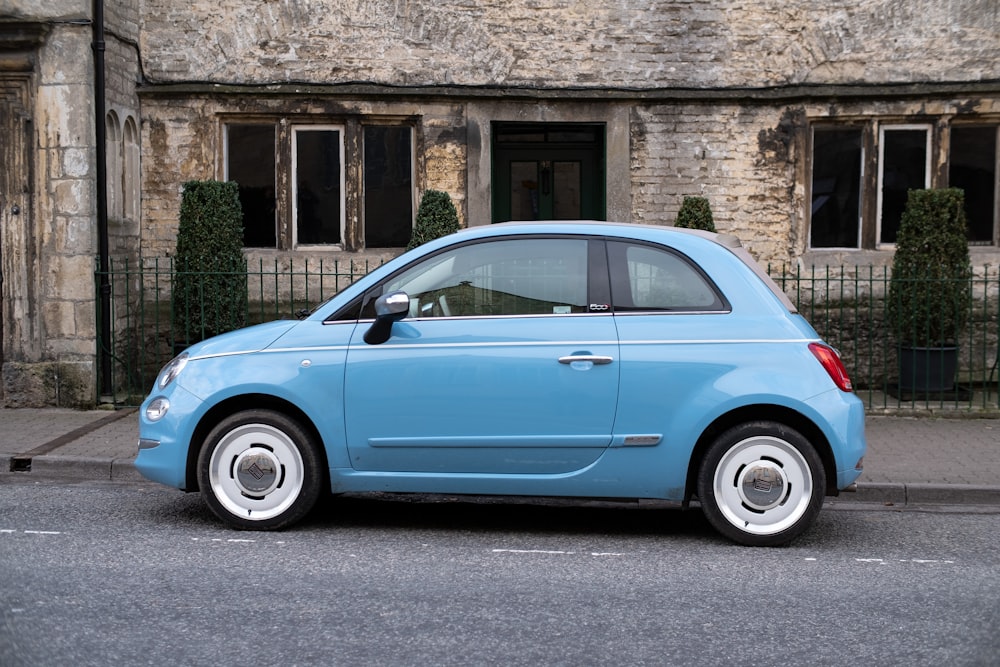How much insurance do I need for a leased car?
Three factors govern how much insurance you should buy to cover your leased car: the leasing company's requirements, your state's minimum requirements, and how much financial protection you need to keep yourself financially safe.

Three factors govern how much insurance you should buy to cover your leased car: the leasing company's requirements, your state's minimum requirements, and how much financial protection you need to keep yourself financially safe
How does insurance work for a leased car?
You buy insurance for a leased car the same way you'd buy insurance for a car you own. You can shop with an independent agent, who can get you several quotes, or you can go to a handful of insurance companies that sell directly to consumers to get quotes to compare.
Here's what you need to buy an auto insurance policy for your leased car:
- Your personal information, including the address where you'll park the car overnight.
- Your driver's license information as well as information for anyone else who will regularly drive your car.
- The VIN number or year, make, and model of the car you're going to lease.
- The leasing company's name and address. They will be added to your policy, which protects their ownership of the car.
- A form of payment, usually a debit or credit card or your bank account information.
Who pays for the insurance on a leased car?
Generally, you do. There are some subscription car services that provide long term vehicles and include insurance. Other than those, the person who leases the vehicle pays for insurance
How do I know how much insurance I need for a leased car?
You should look at three factors to decide how much insurance you need, then buy the highest level of protection among all three:
- Your state's minimum insurance requirements.
- The leasing company's insurance rules.
- The amount of insurance you need to protect yourself and your family.
Let's look at each of these in a little more depth:

State minimum requirements:
Each state sets their own floors for how much insurance you need to buy. There generally rules around three types of insurance coverage.
First, liability coverage, which pays for injuries or damage you cause to others if you're responsible for a crash. State limits are generally quite low, so your leasing company will usually require significantly more coverage anyway.
Second, uninsured and sometimes underinsured motorist coverage. This covers injuries to you and sometimes your property if you're hit by a driver who has no insurance or too little insurance. This kind of coverage also protects you if you're the victim of a hit and run. Many states require these coverages, and no insurance agent will quote a policy without them if they are required in your state.
Third, medical coverages, like medical payments or personal injury protection. There's often a fairly small amount of coverage required by the states
How do I know what my state insurance minimums are?
Don't worry - insurance companies and agents are licensed in the states they do business. It's their job to make sure they quote you enough insurance to meet your state's legal requirements. All you need to do is make sure they know which state you live in! You can also usually find the information on your state's Department of Insurance website, and sometimes on the Department of Motor Vehicles website.
What insurance do leasing companies usually require?
Leasing companies usually require much more insurance than the state minimums. They usually want you to buy:
- At least $100,000 per person/$300,000 per accident of liability coverage
- Full coverage to protect the car, which includes collision and comprehensive coverage. They usually have a maximum deductible you're allowed as well, typically $500
- Anything else required by your state law, like uninsured coverage, medical payments, etc.
Why does the leasing company care what insurance you have?
Two reasons. First, they own the car, so if it's damaged, they want to make sure it gets repaired. They're not going to trust you to come up with the cash. Instead, they want to rely on the insurance company to pay to fix it. Second, if you injure someone in a crash, you may get sued. As the owner of the car you were driving, the leasing company can also get sued. That's why they want you to have liability insurance, which will cover your legal costs and theirs up to the limit on the policy.
How much car insurance do I need to protect my family?
This is a bit of art and a bit of science, and you should definitely talk this through with an insurance agent. You'll want to consider what kinds of assets you have that you could be sued for (including your future earnings), what your risk tolerance is, and whether you have other family members dependent on you who could be seriously harmed if you lose a large lawsuit.
Adding more liability insurance is typically cheap. Large accidents are less likely than small accidents, so the cost is not proportional to the limit. Also, for more coverage than your auto insurance company offers, your agent can always add an umbrella policy, which is also typically inexpensive and can extend coverage into the millions of dollars.
Congrats on your lease!
And we'll leave you with one last weird fact about insurance for leased cars... Leasing a car and making your payments on time improves your credit score. In most states, people with lower credit scores pay less for auto insurance. So, leasing a car may make your insurance cheaper in the future!

